Internships for Good: SMU students on their stints at social service agencies
Thursday Aug 20,2020 | Social Innovation
By Desmond Lim
There is little doubt that internships give students an edge over their peers upon graduation. More than a platform for them to clock in some work experience, job placements are also an opportunity for students to apply their classroom learning into the real-world environment and create meaningful impact in the wider community.
The SMU-TCTF Summer Attachment and Industry Learning (SAIL) programme allows SMU students to explore Singapore’s landscape of social services. Through their 10-week placements, they gain first-hand experience of working in social service agencies.
The most recent round of SAIL internships took place virtually, in light of the ongoing COVID-19 pandemic. Today, we hear from Huda Nazihah and Clarice Cheong, who interned at Beyond Social Services (Beyond); and Tammi Chng and Aakshi Narang, who interned at O’Joy Care Services (O’Joy).
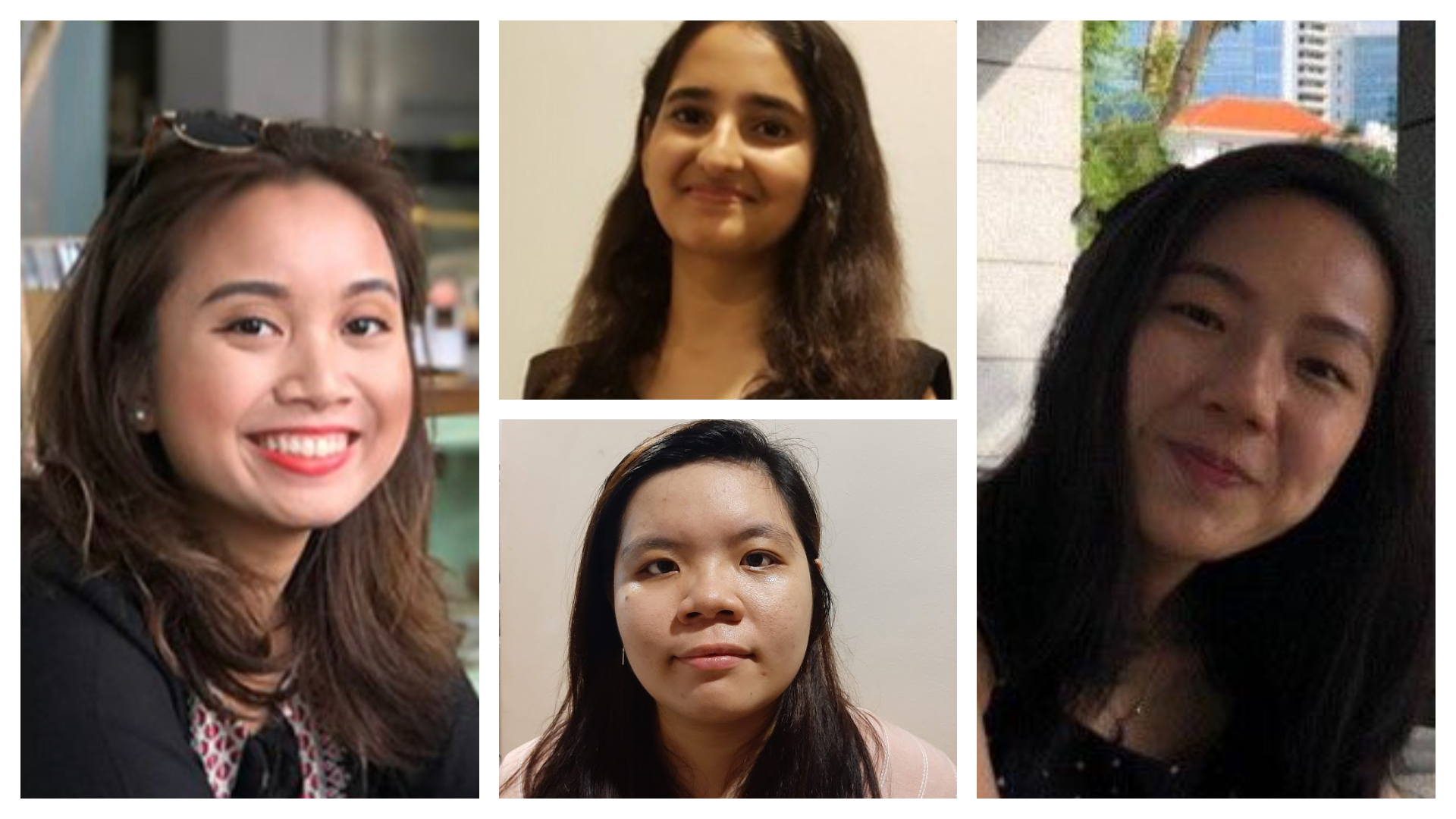
(Left) Huda; (middle top) Aakshi; (middle bottom) Tammi; (right) Clarice
Tell us more about the organisation you interned at and what you hoped to gain from this internship.
Huda: Beyond is a Voluntary Welfare Organisation dedicated to helping children and youth from less privileged backgrounds break out of the poverty cycle. Clarice and I started our internship with a mission to better understand the impacts of COVID-19 on low-income families.
Clarice: We were also working on a research project that looked to better understand the current food needs, and how to improve the food aid landscape for the community.
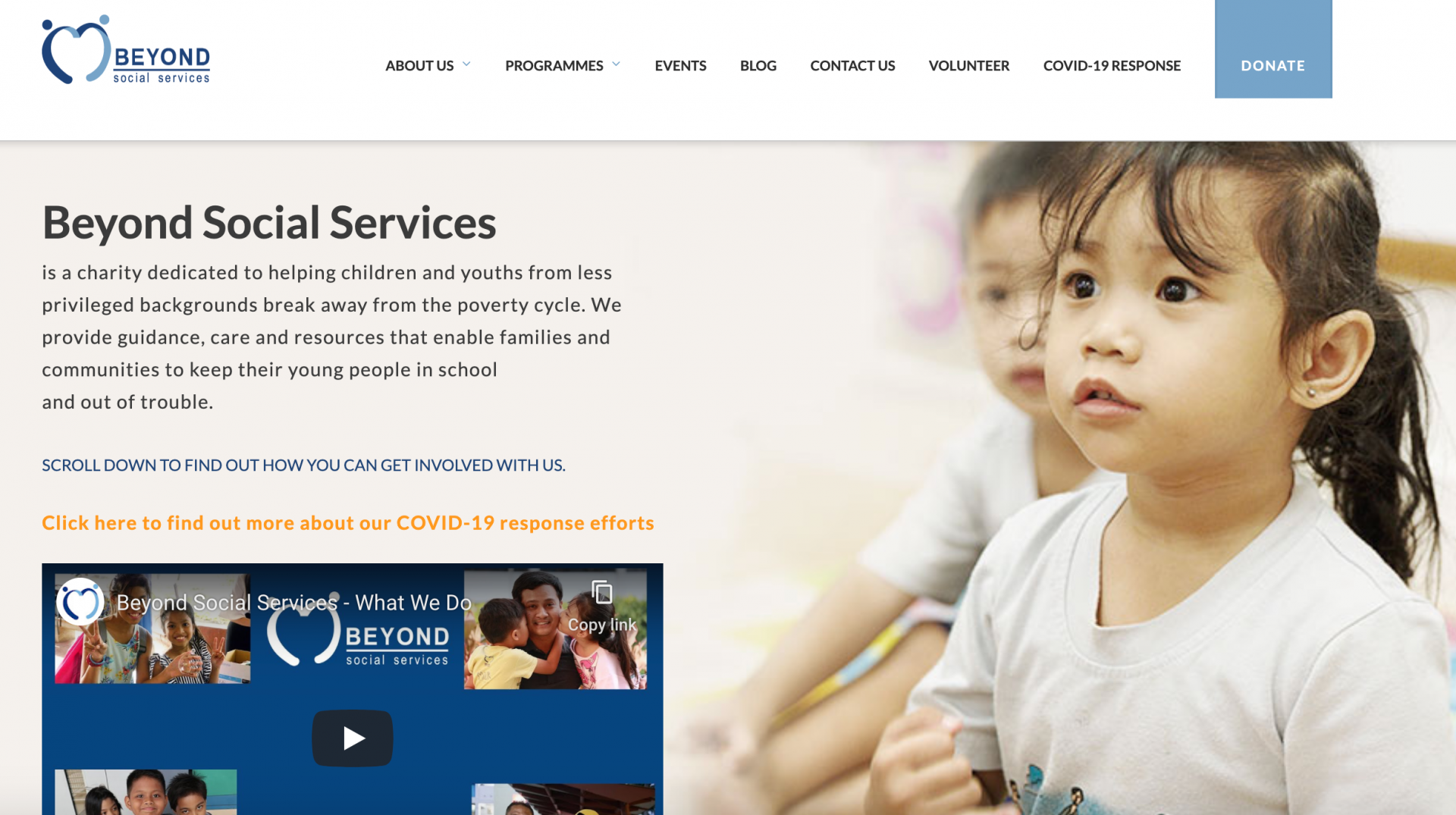
Tammi: Aakshi and I interned at O’Joy, an organisation that addresses the need for prevention and early intervention of mental health disorders in the elderly, and to promote healthy ageing.
Aakshi: Our goal during this internship was to help them in the development of an administrative system that enables attendance-taking and reporting, so that the organisation can operate more efficiently.
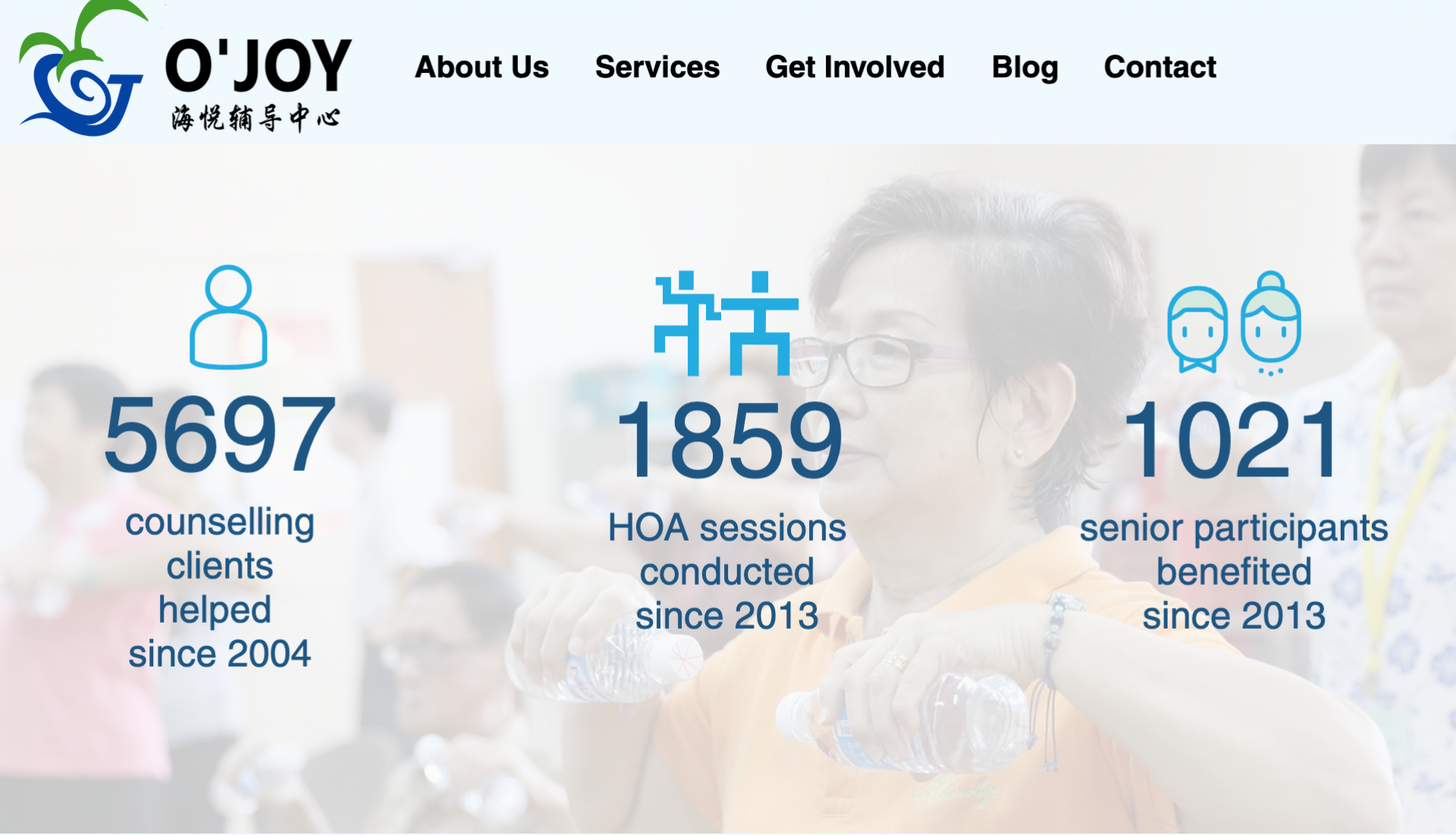
What motivated you to take up an internship with a social service agency?
Huda: I’ve always had a heart for marginalised communities, and believe that empowering them is the solution. After reading an article Beyond published about the impact of the pandemic on low-income families, I was moved. So I decided to join them to contribute in any way I could.
Clarice: I wanted to gain first-hand experience working in the social services sector. Also, the fact that Beyond reaches out specifically to families living in rental block communities caught my attention, as I wanted to better understand the realities of this target population.
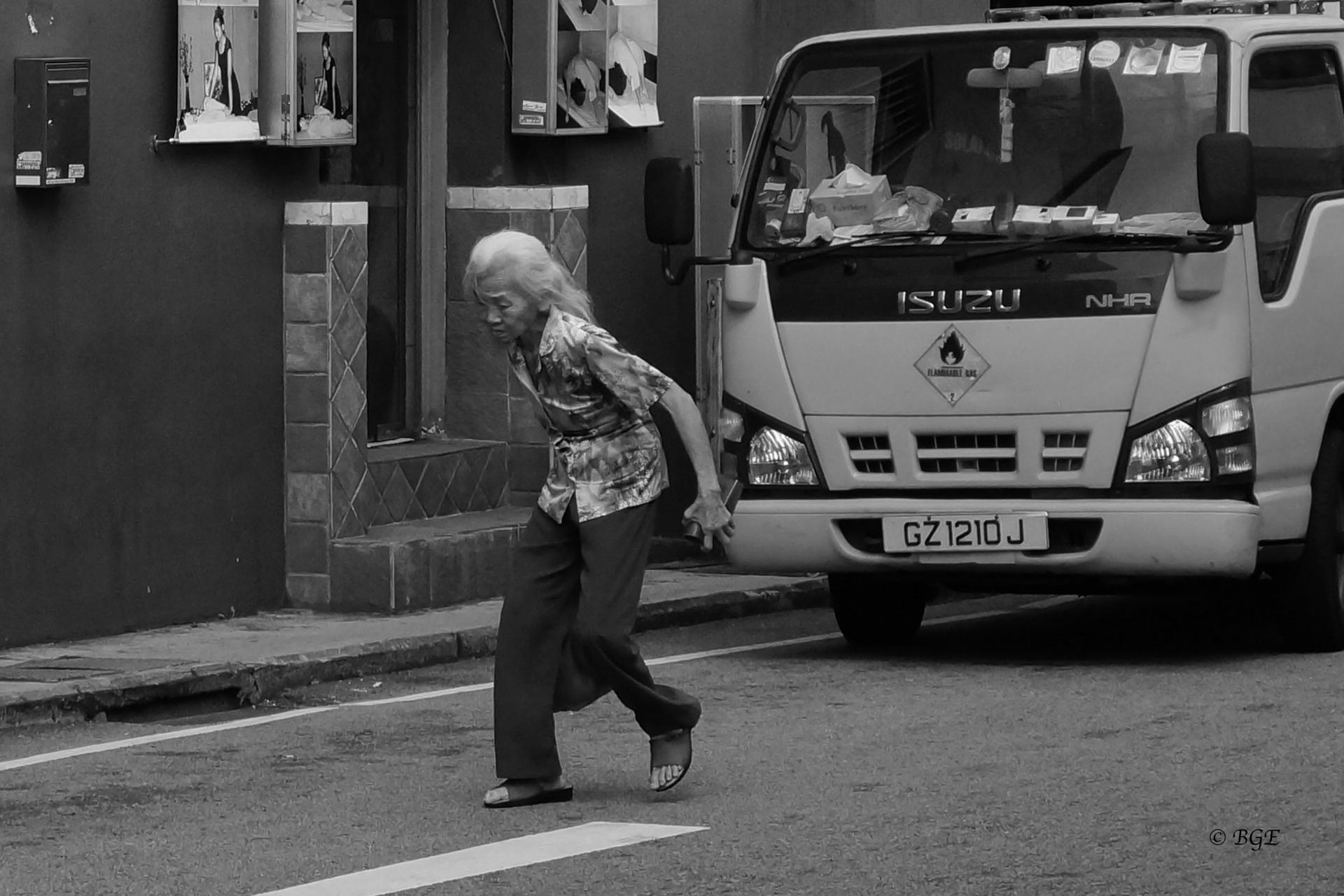
Image via Flickr (CC BY-ND 2.0)
Tammi: I’ve always been interested in social entrepreneurship and wanted to see how technology can be implemented to help non-profits accomplish more.
Aakshi: I’ve always believed in using technology to make a social impact. Through this internship, I wanted to bridge the gap between technology and the good that O’Joy is doing for the elderly. I also saw it as a good opportunity to develop my technical skills.
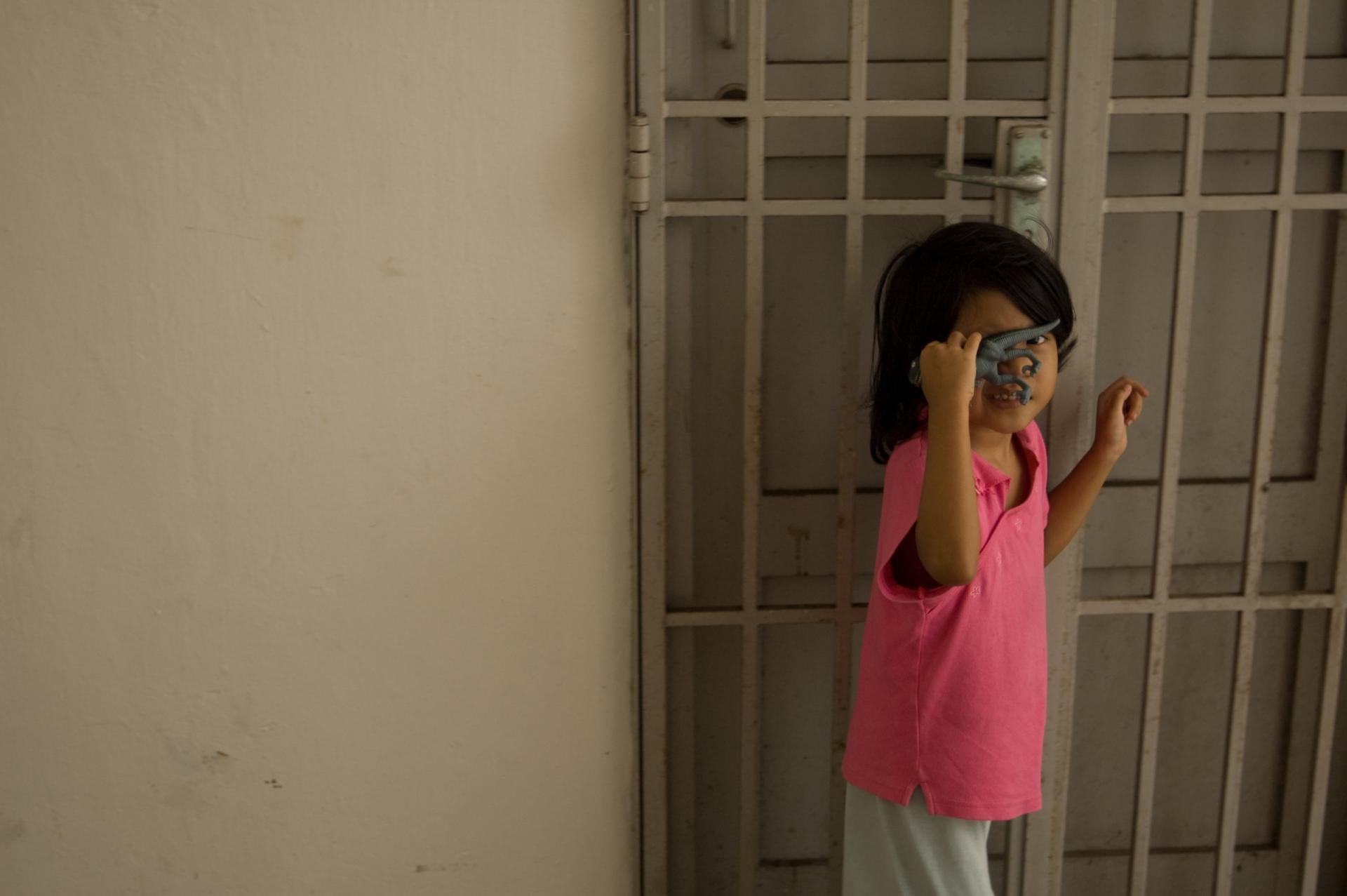
Image via Flickr (CC BY-NC 2.0)
What was your role and how did you contribute?
Clarice: Every day, we'd do phone interviews with people living in the rental block communities to assess and understand the impact of COVID-19 on their families in terms of household income and living situation. We'd then refer them to the appropriate channels for assistance based on their needs.
Huda: During these calls, we'd also ask questions relating to food distribution, to try and get feedback about the current food aid system.
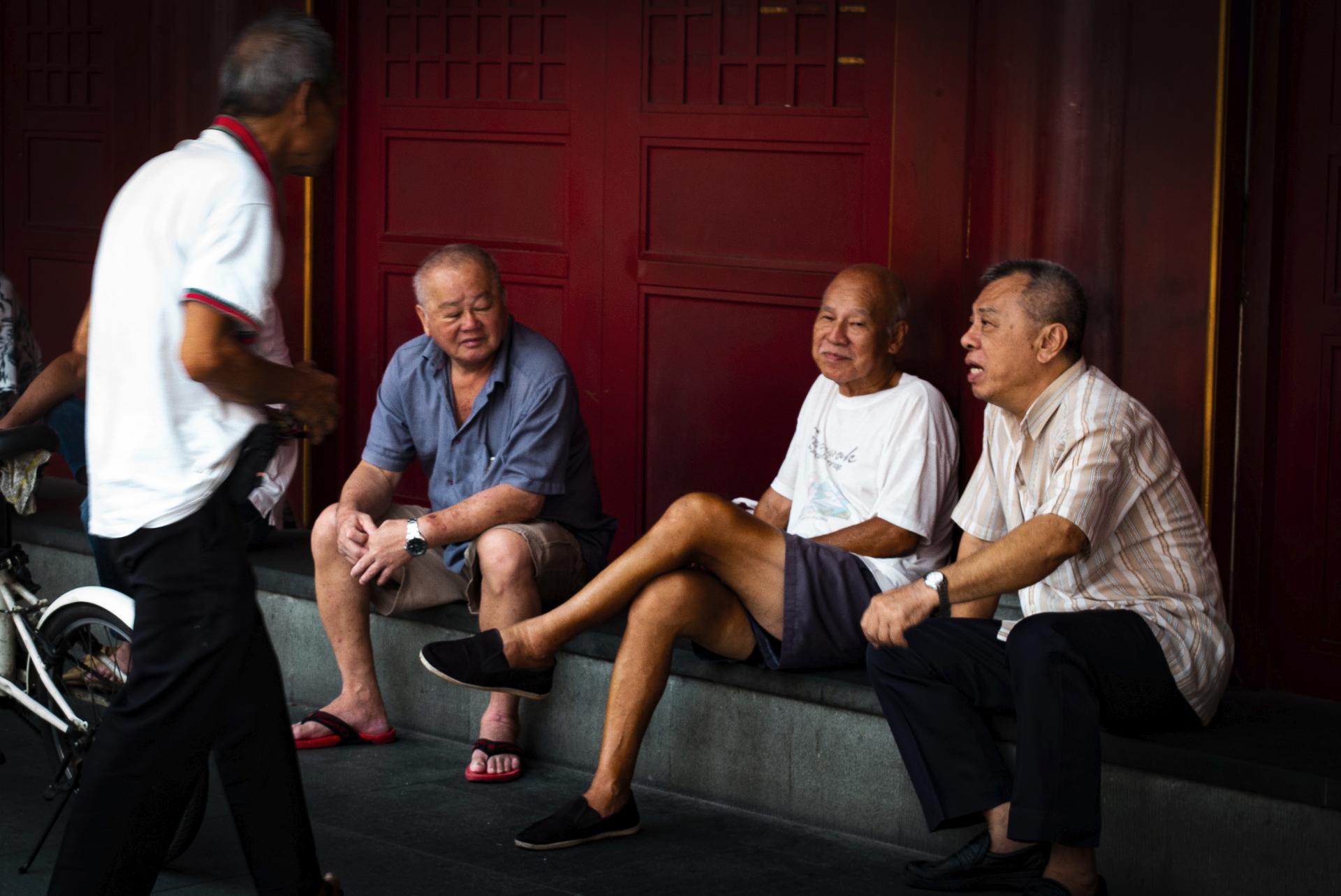
Image via Flickr (CC BY-NC-ND 2.0).
Tammi: Our role was to help design the structure of the attendance-taking application. My challenge was to keep in mind that the app would be used by the elderly, many of whom are less tech-savvy, and factor that into the final design.
Aakshi: We also worked on back- and front-end development of the app with multiple rounds of testing throughout the internship.
![]()
Image via rawpixel.
Can you share the impact of COVID-19 on your internship?
Clarice: We worked from home for the entire duration of our internship and would only communicate with our supervisors online. Weekly meetings and check-ins with our research team were also done through video calls.
Huda: Instead of knocking on doors, we were making phone calls. At first, there was hesitation around how we would be able to have such personal conversations over the phone, but because of Beyond’s good reputation, people were very kind and patient. It was quite a unique experience.
![]()
Image via rawpixel.
Tammi: Because of COVID-19, we couldn’t have face-to-face interactions with the elderly at O'Joy, who are the main users of our app. This made testing of it somewhat challenging.
Aakshi: The majority of my work involved designing and coding on my laptop so I didn’t feel that the pandemic affected my role too much. However, it would have been nice to interact with my colleagues in person.

Image via Pexels.
What were your key takeaways and the most enjoyable moment of your internship?
Huda: This internship challenged my assumptions and allowed me to deconstruct the myth of self-reliance. I’ve learned to listen with an open mind, without scepticism, and with a heart of compassion. I also enjoyed the weekly sharing sessions with my teammates, learning how they approach the various issues within the communities we work with.
Clarice: It made me rethink the existing structural systems in our city-state when it comes to welfare, because I saw how people struggled to get their paperwork done before they received aid. My most enjoyable moment was being able to participate in the Food Donation Drives. I really enjoyed the interaction—being physically there to deliver food gave me a better understanding of the situations of food-insecure households.
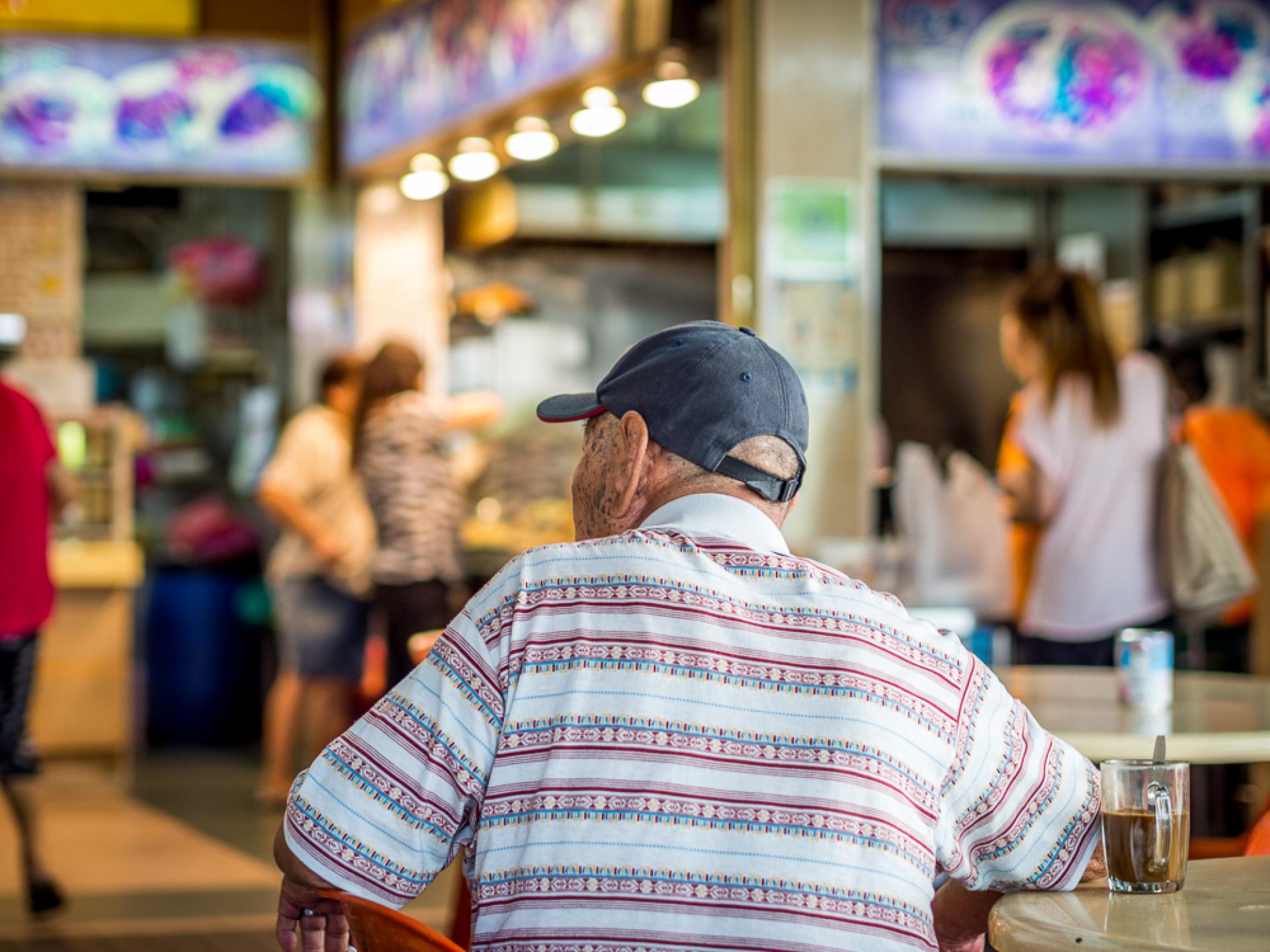
Image via Flickr (CC BY 2.0).
Tammi: I’ve learned that consistent testing is extremely important when developing a new product. Having different perspectives really helps spot design flaws. The most rewarding part of my internship was seeing all that work come to fruition.
Aakshi: I would agree with Tammi on the importance of consistent testing. I also learned to adapt, explore, learn and implement new tools, which pushed me out of my comfort zone in a positive way. The most rewarding part was being able to put ideas into action and watch them tranform into reality!
Desmond Lim is an Assistant Programme Manager at the Lien Centre for Social Innovation.